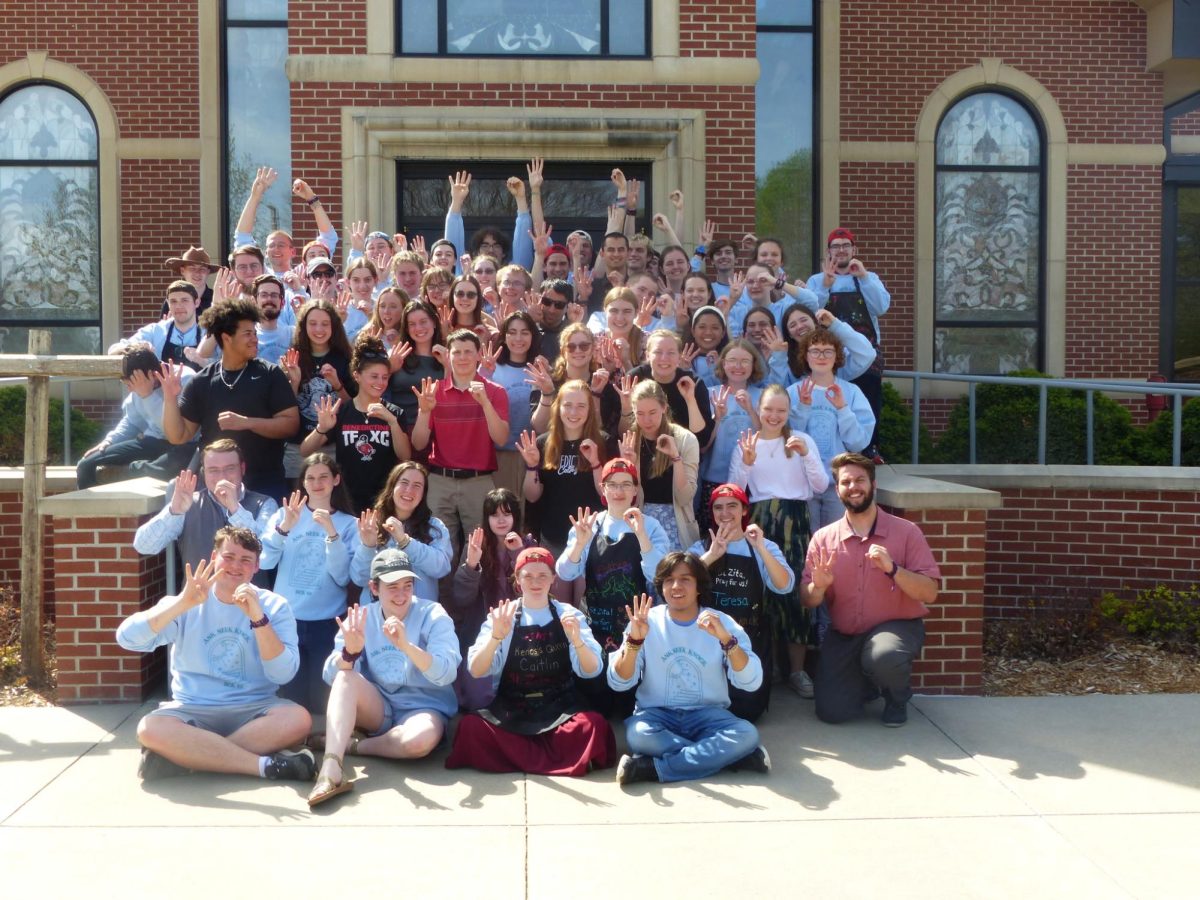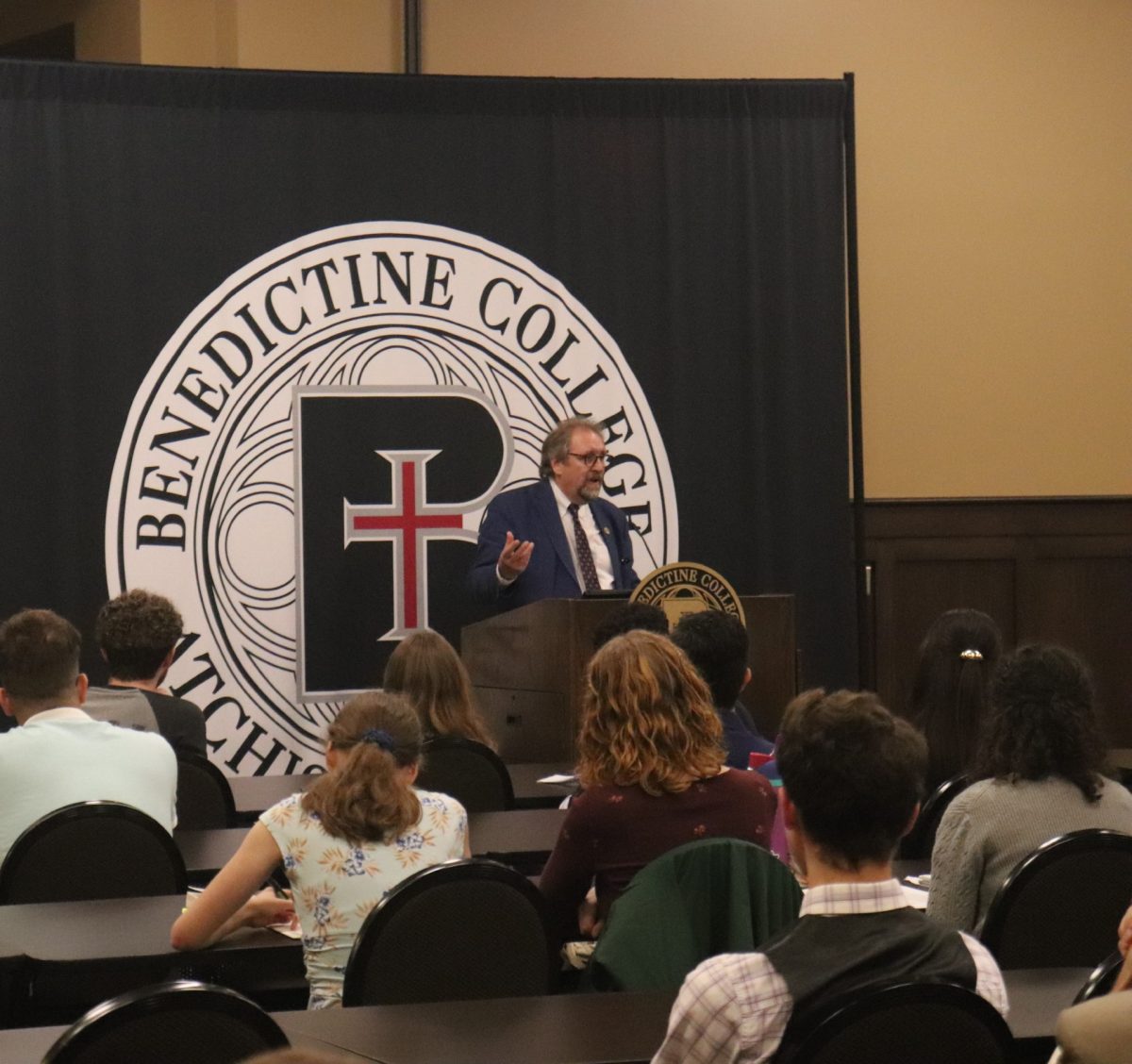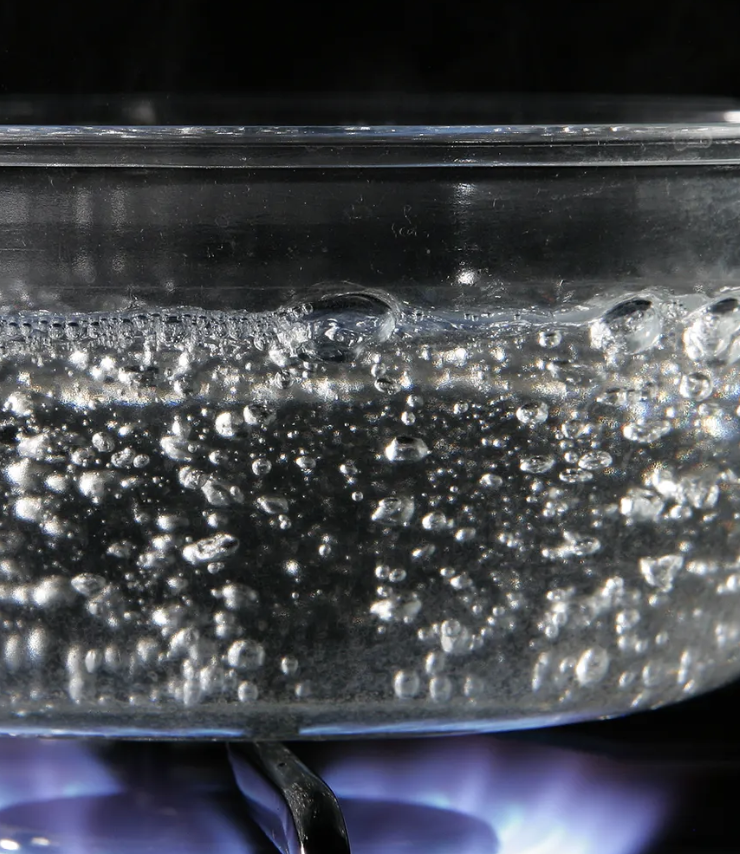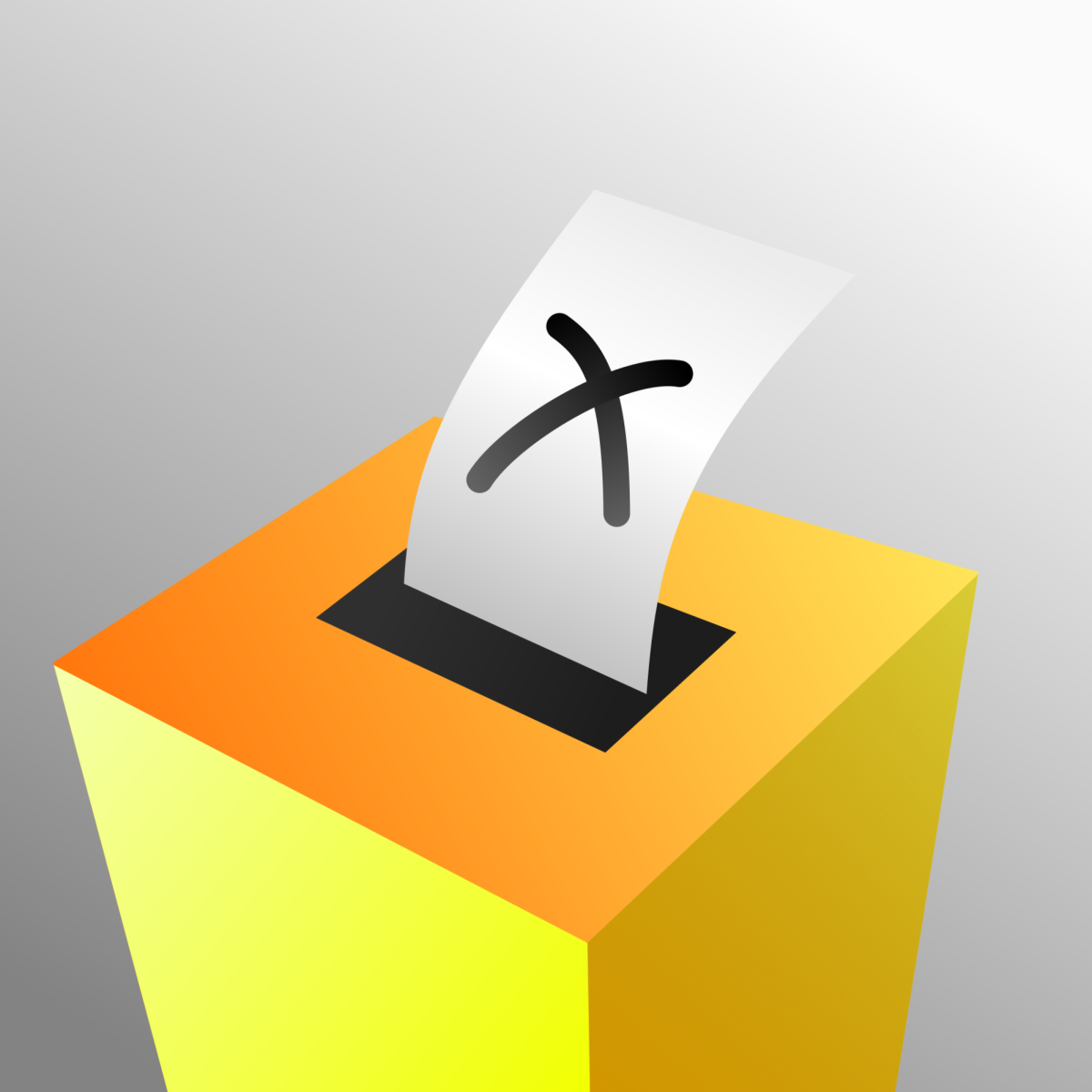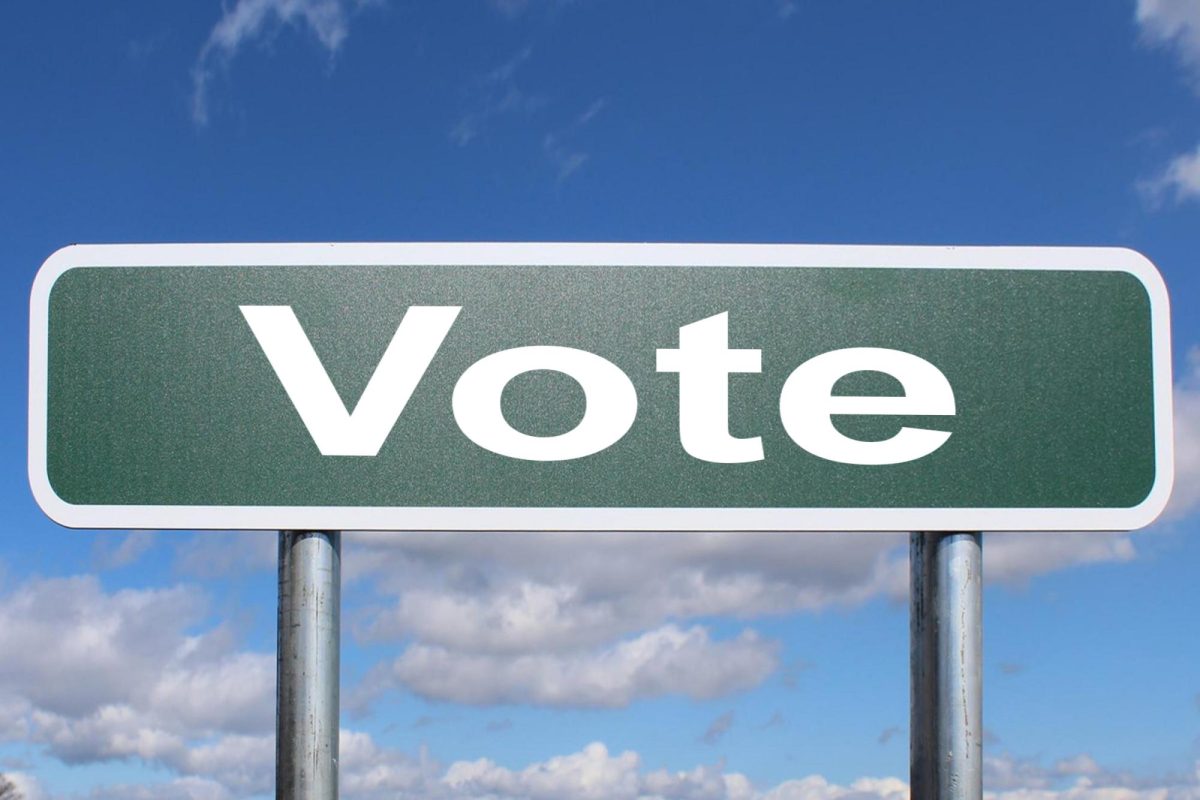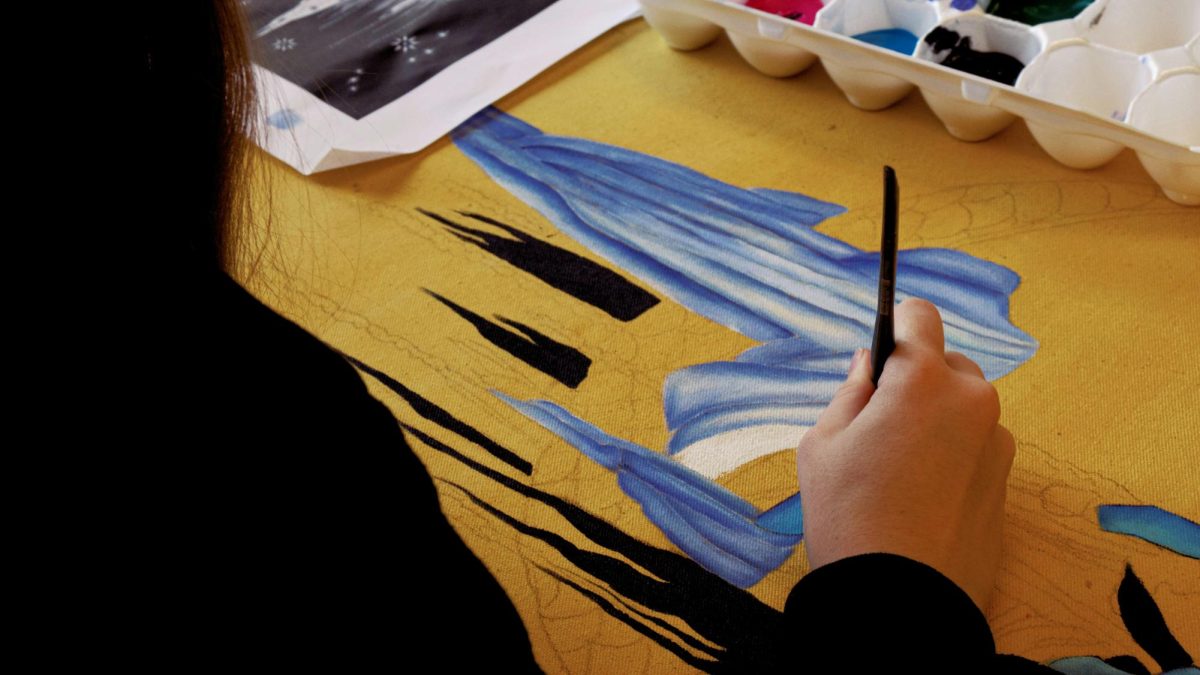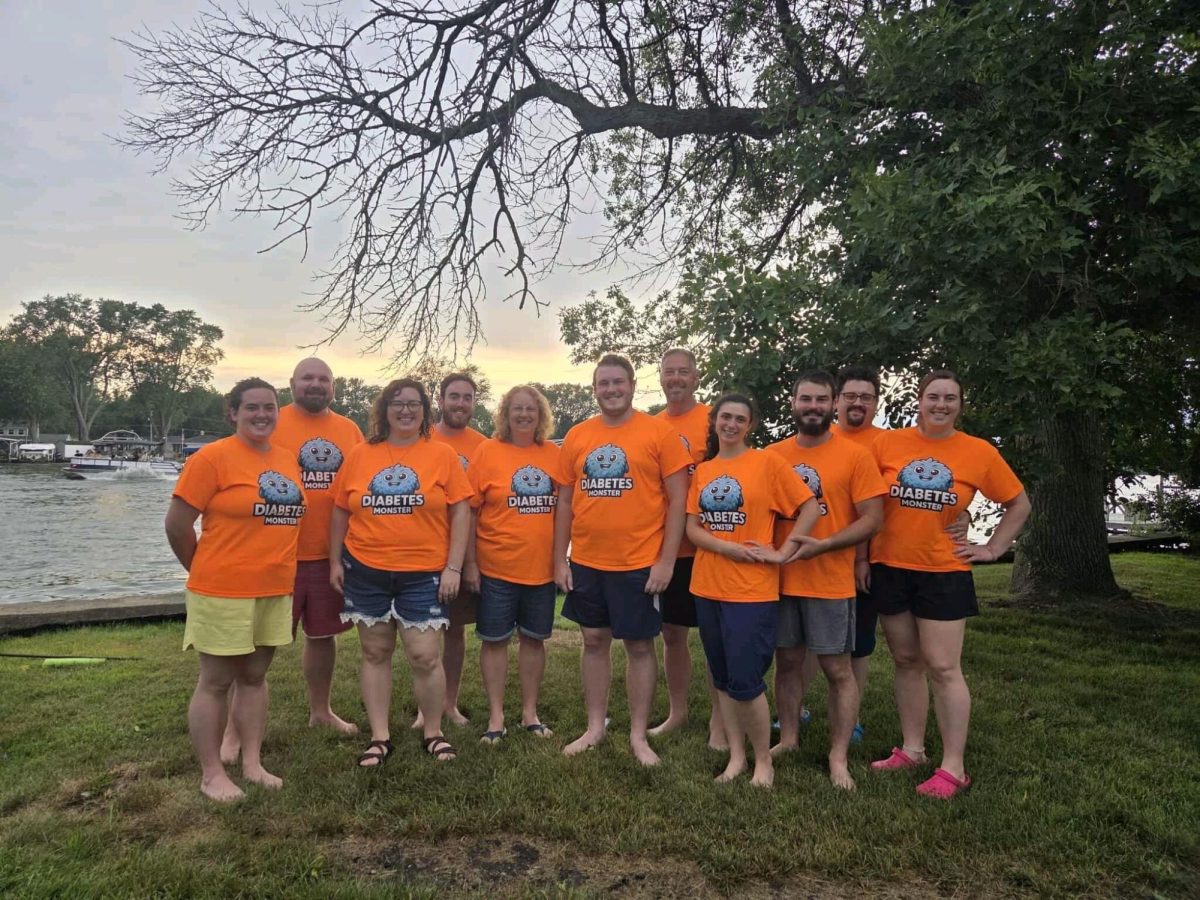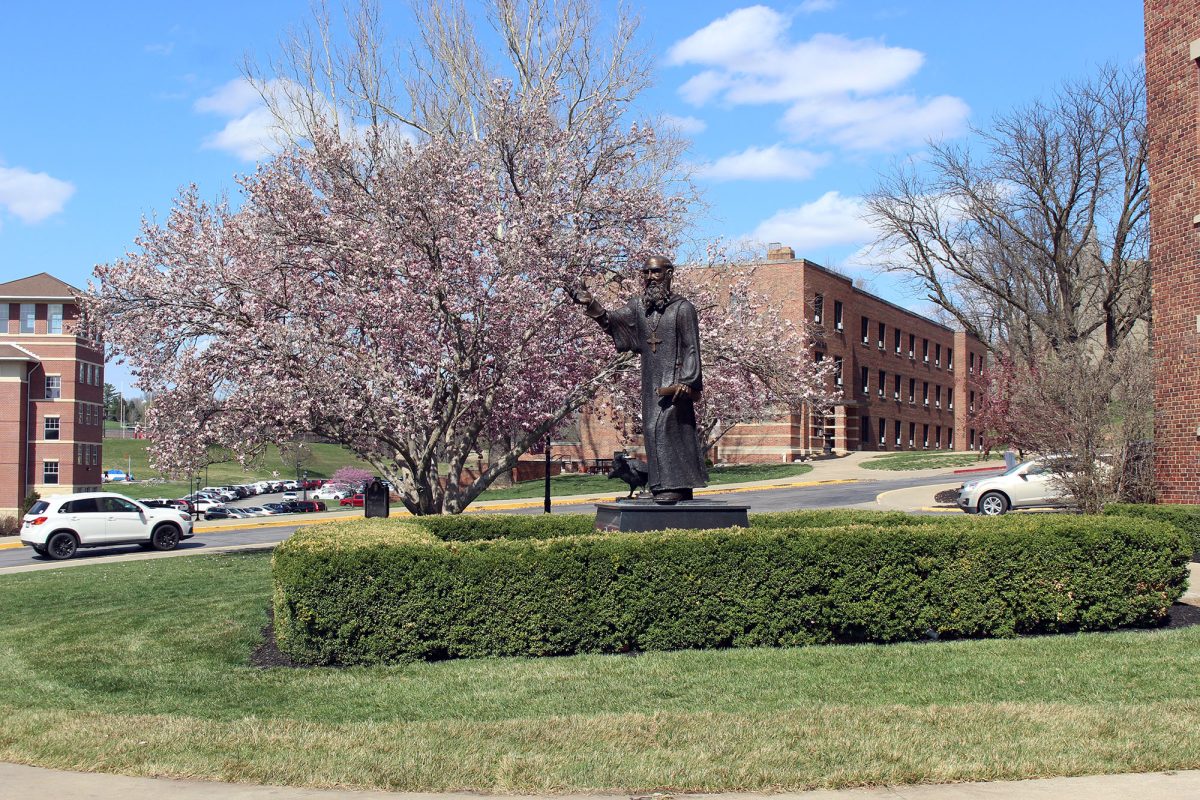Coffee drinks are growing in popularity as creativity and trends shape the coffee culture in young adults. This culture flows and thrives throughout Benedictine College campus, as the estimated number of coffee cups served daily in Cafe 62 is 200-250, according to Anna Bulmanski, the cafe manager.
90 percent of Americans consuming caffeine in the daily makes it the nations approved stimulate.
Although less effective, caffeine has similar addictive qualities to amphetamines, cocaine and heroin, making it a classified psychoactive drug, according to Center for Science in the Public Interest. It can boost energy levels and increase heartbeat, factors that result in positive or negative impact on academic performance.
Acknowledging the effects of caffeine, Bulmanski also explained that she believes it doesn’t affect everyone the same way.
“It affects everyone very differently. Some people with caffeine make them overstimulated to the point of where they’re jittery and shaky and anxious and they can’t focus,” said Bulmanski.
According to research by Plataforma SINC, concentration and alertness begin 10 minutes after consuming, lasting a few hours or more depending on sensitivity and age.
College students have to balance all sorts of responsibilities including classes, homework, extracurriculars, and sometimes part-time jobs. While trying to stay afloat, caffeinated coffee is a preference for many, making it most popular drink among college students due to its outcome of improved focus and alertness. This drink allows students to stay sharp and productive during busy days.
Along with the benefit of caffeine, coffee shops have become a place where students feel dedicated to work, meet with a friend, study for a test or read a book. In recent years, the number of coffee shops across the U.S. increased to 38 thousand.
As finals come to an approach, many students turn to coffee and energy drinks to rely on the caffeine and its impact. However, doctors suggest students balance their caffeine intake, heavy reliance on caffeine can lead to the risk of withdrawal syndrome if caffeine intake is reduced.





